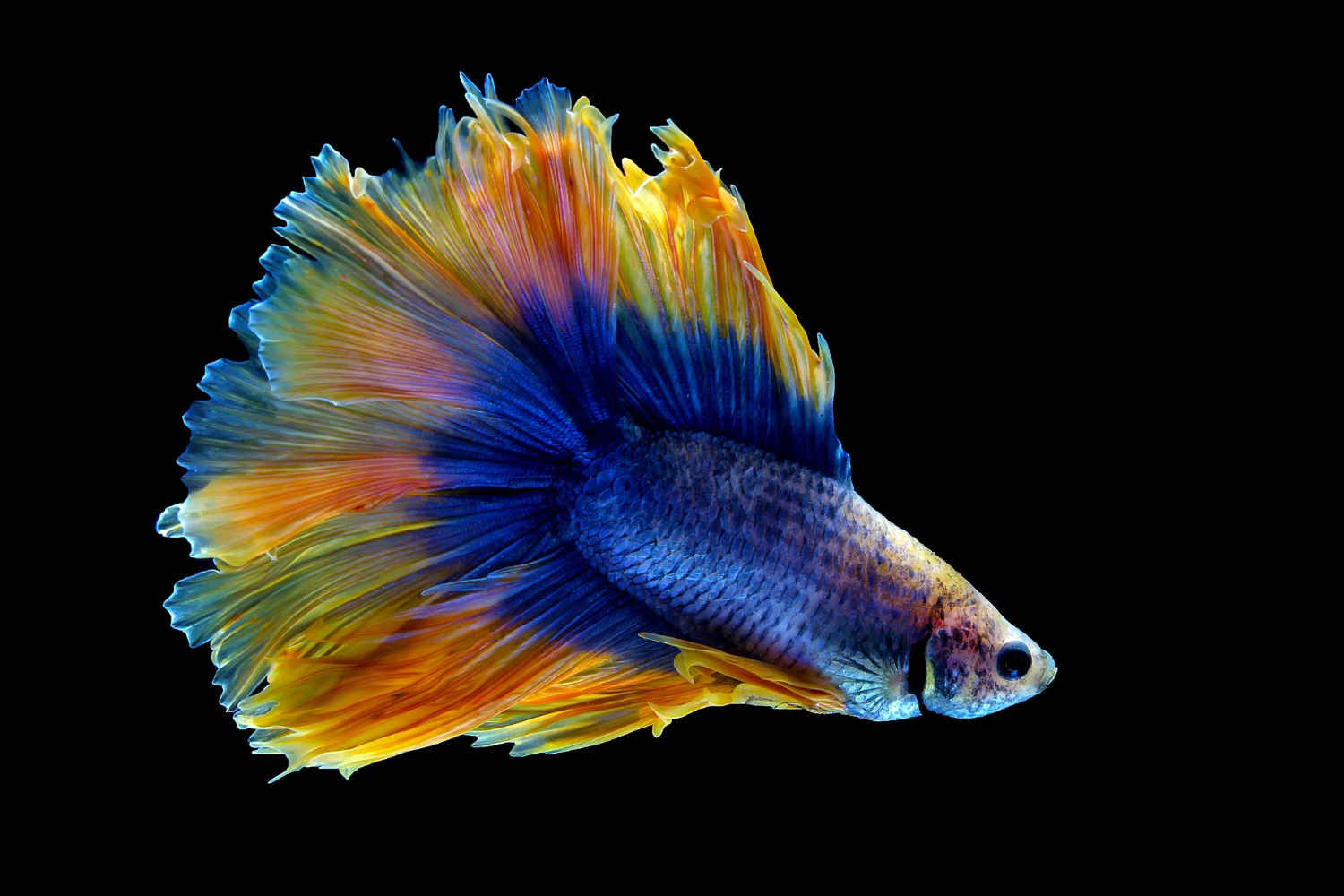Maintaining a fish tank is a fun and rewarding hobby, but it comes with some challenges. One of the biggest concerns for aquarium owners is making sure their fish are safe and comfortable in their environment. One common problem that can arise is the risk of fish getting sucked up by the filter. Not only is this distressing for the fish, but it can also harm the filter and disrupt the balance of your tank. In this blog post, we’ll explore some of the best ways to prevent your fish from getting sucked up by your filter and keep your tank running smoothly.
Fish are wonderful pets that add beauty and tranquility to any home. However, keeping them healthy and happy requires some work, including maintaining a clean and healthy environment for them. One of the essential components of a healthy fish tank is a filter. Filters help to remove debris, excess food, and harmful chemicals from the water, keeping it clean and safe for your fish. However, filters can also be dangerous for fish, especially small or weak ones that may get sucked up into the filter intake. In this article, we’ll discuss the best ways to prevent your fish from getting sucked up into your fish tank filter.
1. Choose the right filter
The first step in preventing your fish from getting sucked up by the filter is choosing the right filter. There are many types of filters available in the market, including hang-on-back filters, canister filters, and sponge filters. Each type of filter has its unique advantages and disadvantages, so you need to choose one that suits your fish tank’s size, type of fish, and your budget. When choosing a filter, consider the size of the filter intake and the strength of the filter’s flow. A filter with a large intake or a strong flow can easily suck up small or weak fish, so it’s best to avoid them.
2. Add a pre-filter sponge
Another way to prevent your fish from getting sucked up by the filter is to add a pre-filter sponge to the filter intake. A pre-filter sponge is a sponge that fits over the filter intake, trapping any debris and preventing small fish from being sucked up. Pre-filter sponges are cheap and easy to install, and they can make a big difference in protecting your fish.
3. Reduce the filter’s flow
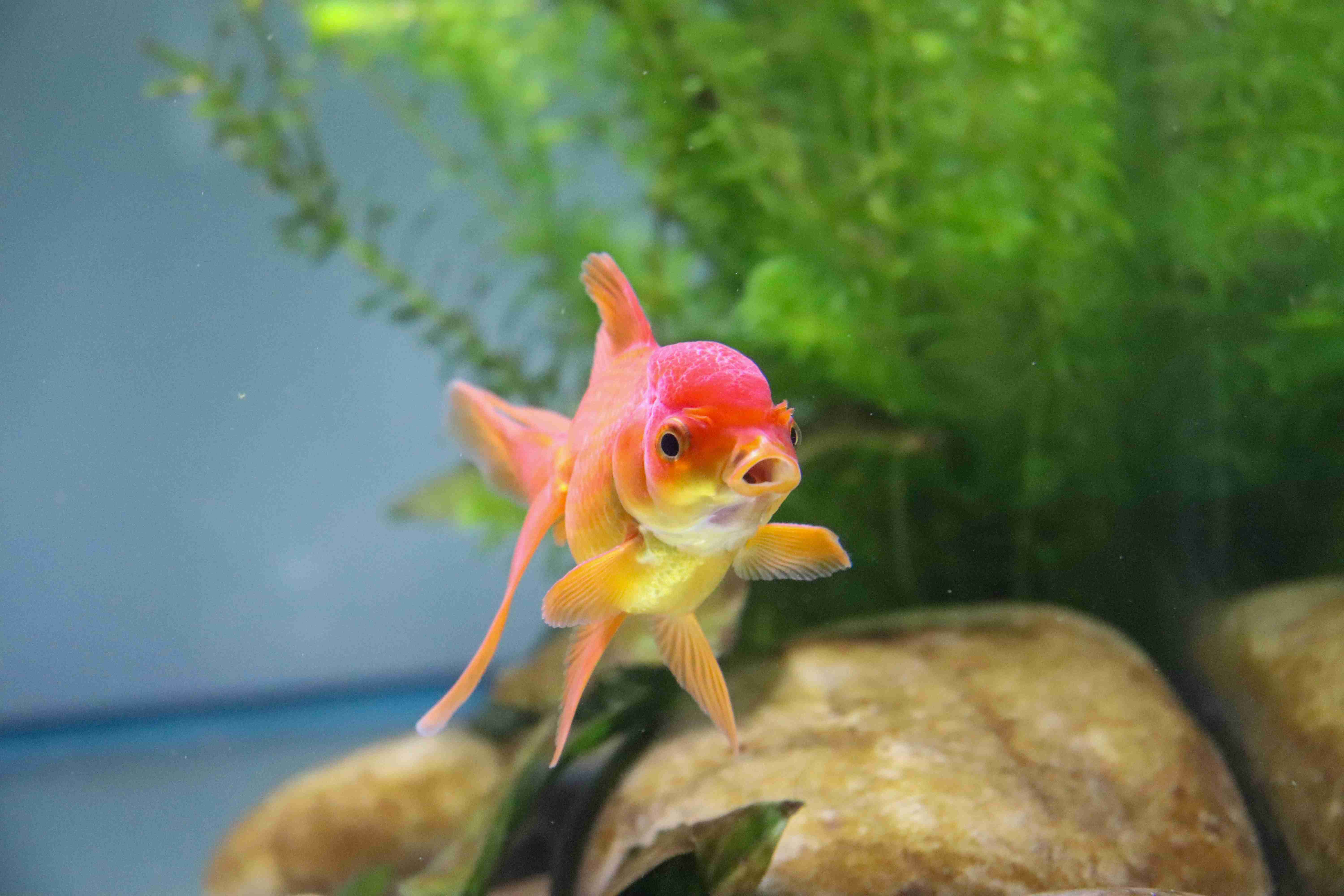
If you have a filter with a strong flow, you can reduce its strength by adjusting the flow rate or adding a flow controller. A strong flow can make it difficult for fish to swim and can also suck them up into the filter. By reducing the flow, you can create a gentler current that won’t harm your fish.
4. Use a filter guard
A filter guard is a protective barrier that fits over the filter intake, preventing fish from getting too close to the filter. Filter guards are usually made of plastic or metal and can be easily attached to the filter intake. They are especially useful for small fish that are susceptible to being sucked up by the filter.
5. Keep your filter clean
A dirty filter can reduce its efficiency and make it more likely to suck up fish. To prevent this, you should clean your filter regularly, following the manufacturer’s instructions. This will ensure that the filter is working correctly and that your fish are safe.
Overall, keeping your fish healthy and happy requires a clean and healthy environment. A filter is an essential component of a healthy fish tank, but it can also be dangerous for fish if not used correctly. By choosing the right filter, adding a pre-filter sponge, reducing the filter’s flow, using a filter guard, and keeping your filter clean, you can prevent your fish from getting sucked up by the filter and ensure that they stay safe and healthy.
In conclusion, ensuring the safety and well-being of your fish is crucial, and preventing them from getting sucked up by filters is essential. By following the tips and tricks outlined in this article, you can help make sure that your fish are safe and happy in their home. Remember to always check your filters regularly, use appropriate filter media, and adjust the flow rate to prevent any unwanted accidents. With a little bit of effort and care, you can enjoy a thriving and healthy fish tank for years to come.


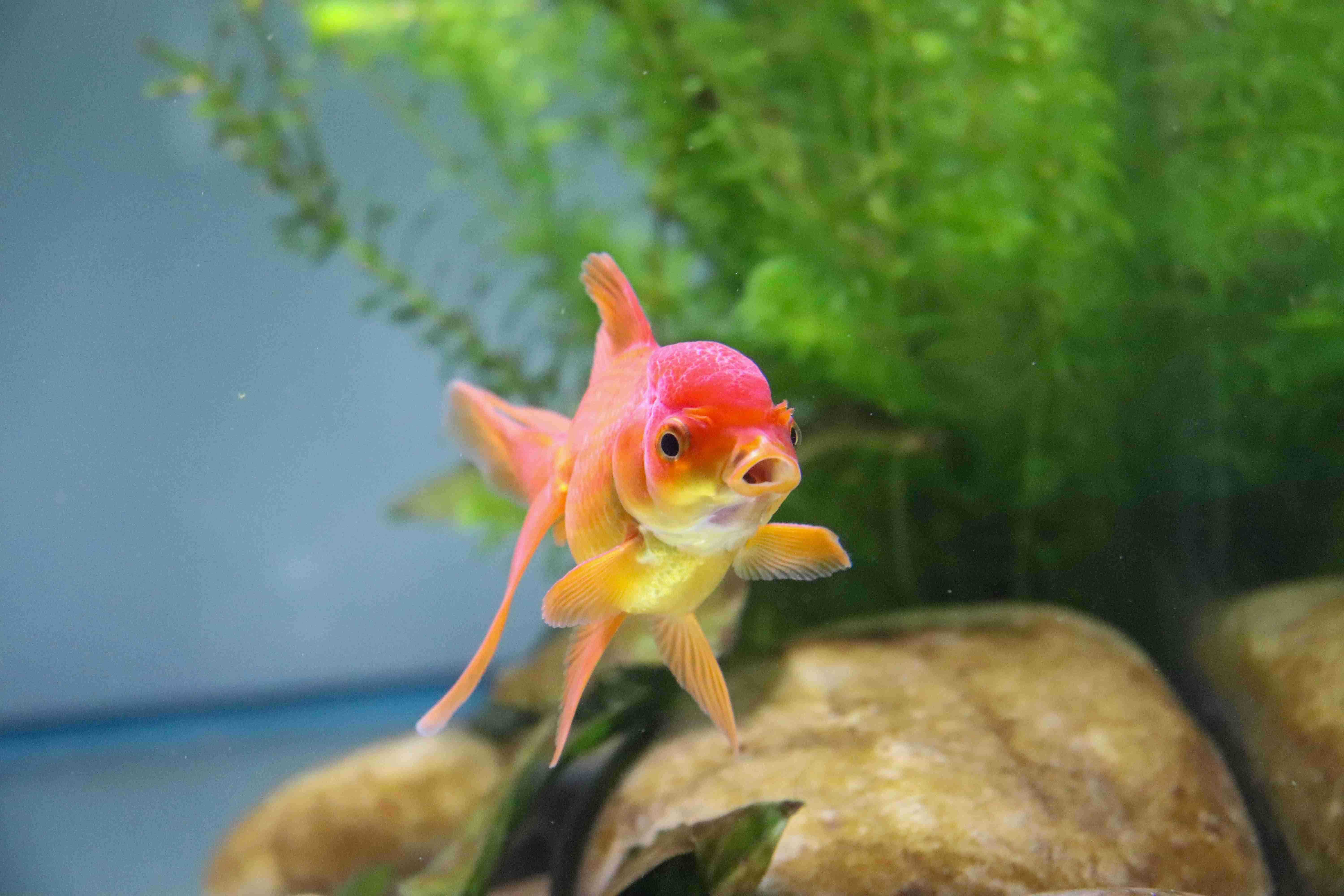
%20-%20Copy.jpg)
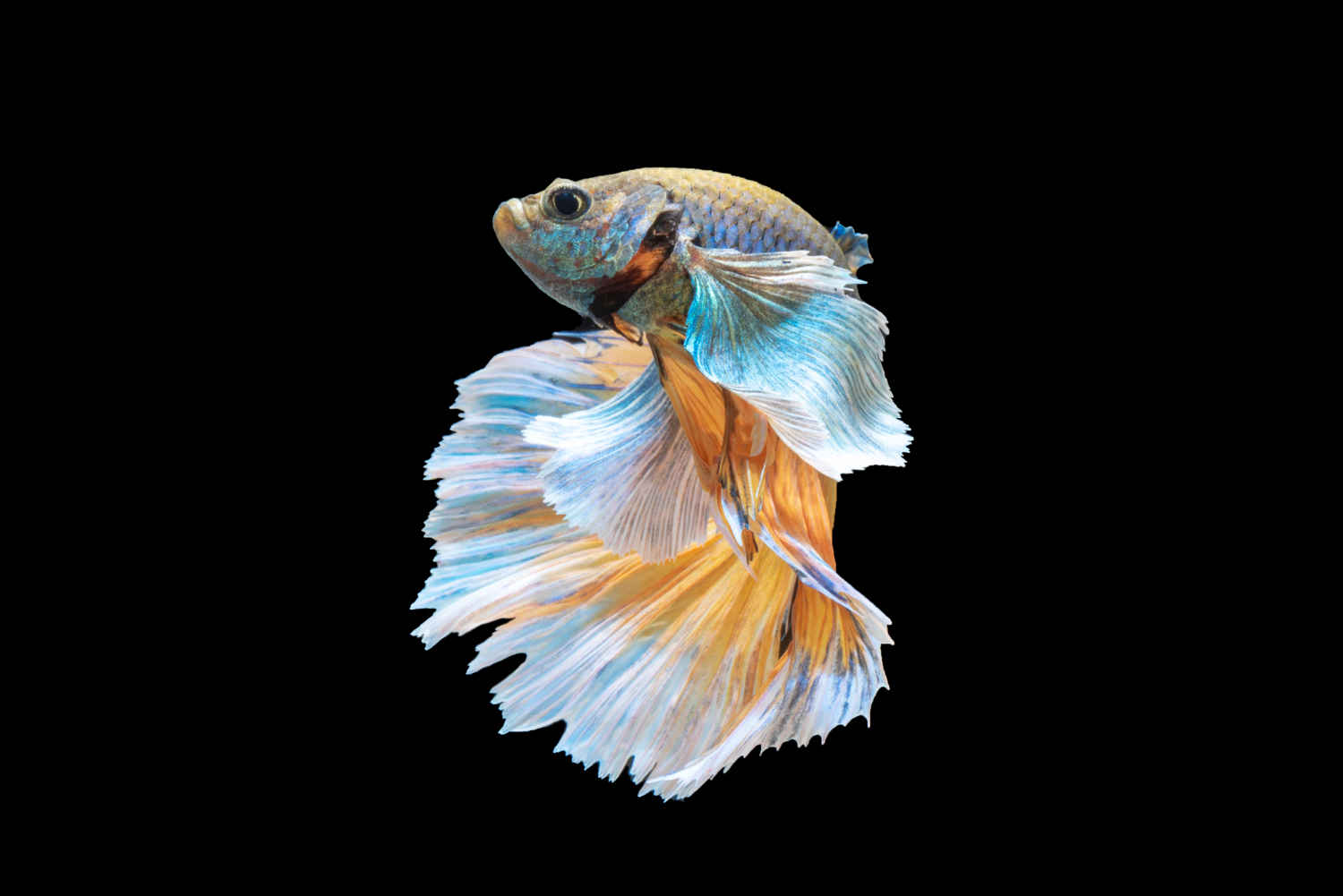
%20-%20Copy.jpg)
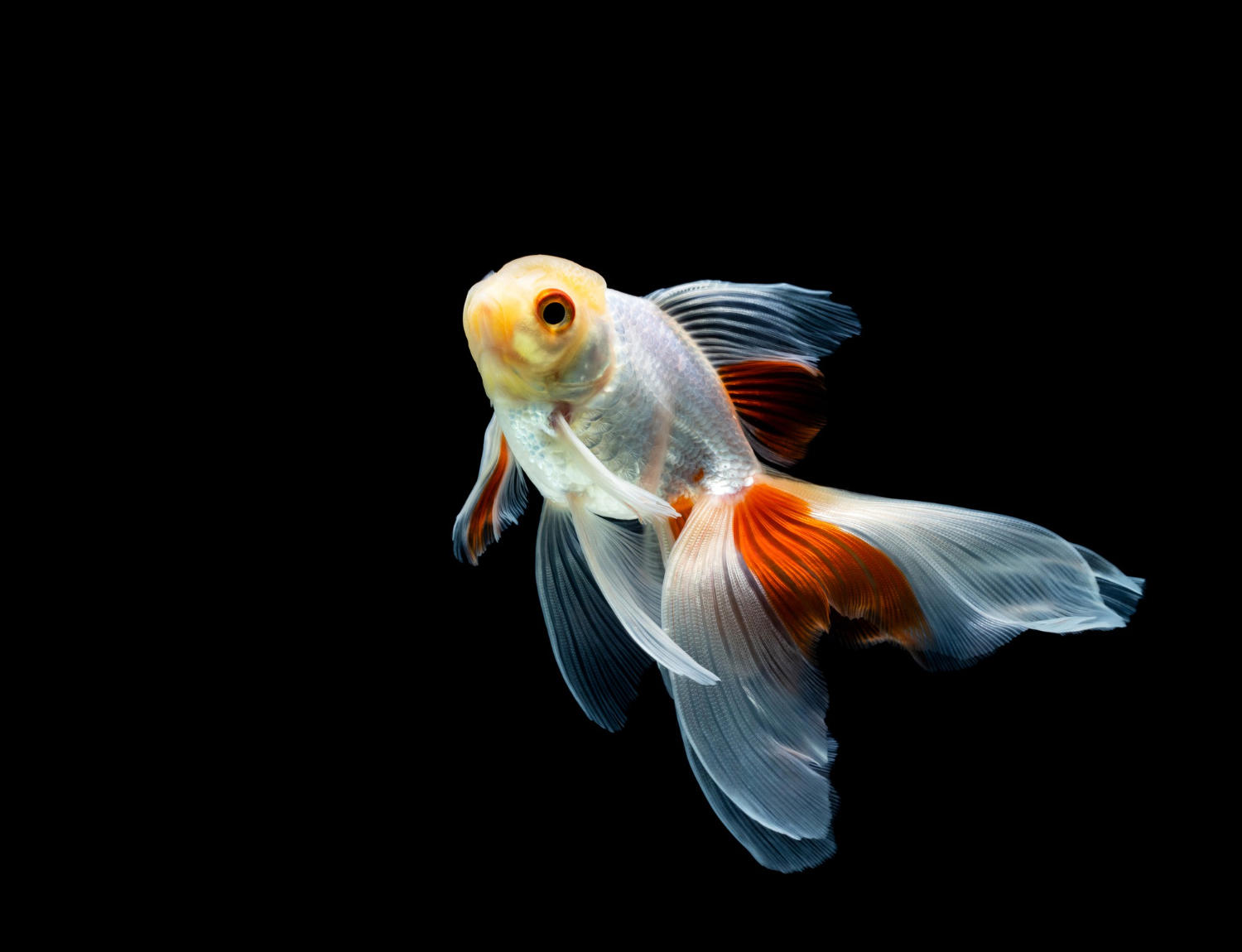
.jpg)
